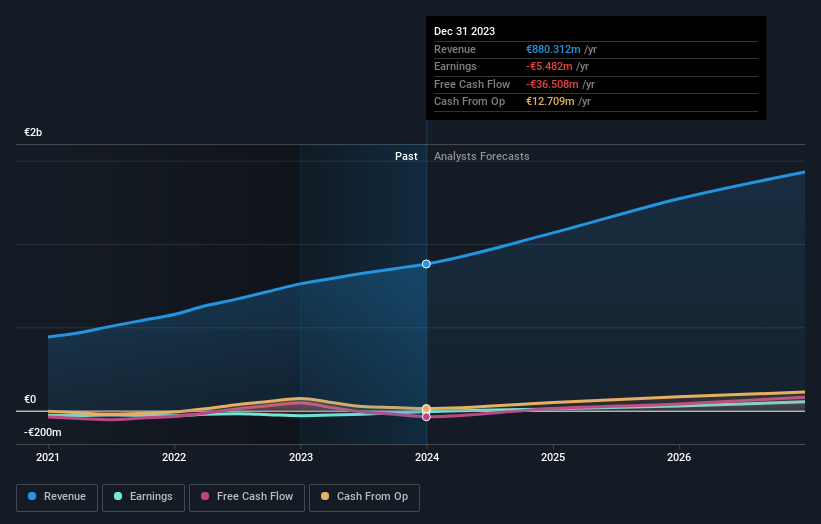Economic damage due to a warming world is now expected to be six times worse than scientists had previously projected, according to new research.
What’s happening?
The Guardian reported on a new study that projects that a one-degree Celsius (1.8-degree Fahrenheit) increase in global temperature leads to a 12% decline in world gross domestic product.
Meanwhile, a rise of three degrees Celsius (5.4 degrees Fahrenheit) would cause “precipitous declines in output, capital, and consumption that exceed 50% by 2100,” as the Guardian quoted the paper, which has not yet been peer-reviewed.
Already, our purchasing power — or how much our money buys — would be 37% higher if it weren’t for the effects of an overheating planet over the last half-century, according to one of the paper’s authors, Harvard economist Adrien Bilal. He told the Guardian that this will only get worse as the planet continues to warm, comparing it to the sort of economic drain caused by war.
“Let’s be clear that the comparison to war is only in terms of consumption and GDP — all the suffering and death of war is the important thing and isn’t included in this analysis,” Bilal told the publication. “The comparison may seem shocking, but in terms of pure GDP there is an analogy there. It’s a worrying thought.”
The new estimate calculates a social cost of carbon, or the cost in dollars of damage done by each additional ton of pollution, of $1,056 per ton. This is much higher than the U.S. Environmental Protection Agency’s previous estimate of around $190 per ton.
Watch now: These futuristic gas stations could completely change what it’s like to own an EV
Bilal said their approach was more “holistic,” looking at the interconnected nature of climate impacts like heat waves and storms that damage crops, reduce worker productivity, and reduce capital investment.
Why is this research concerning?
The world has already warmed more than one degree Celsius (1.8 degrees Fahrenheit) since pre-industrial times, and many climate scientists expect another three degrees Celsius (5.4 degrees Fahrenheit) spike by the end of the century, according to the Guardian. But even if we limit heating to 1.5 degrees Celsius by the end of the century — a goal that now appears to be out of reach to many researchers — the paper estimates GDP losses of around 15%.
The economy is not the only thing at risk when it comes to rising global temperatures. A different report found that by 2054, about 50% more Americans will experience unhealthy air, which researchers are calling a “climate penalty” because of more wildfires and an increase in harmful ozone from hotter temperatures.
Plus, food could be harder to come by as heat waves and increased occurrence of droughts make crops more difficult to grow. In the past two years, nearly a quarter of people worldwide have lived in drought conditions, according to yet another report summarized by The New York Times. Meanwhile, food staples like rice and olive oil have skyrocketed in price due to difficult growing conditions.
What’s being done about rising temperatures?
While some sort of economic downturn connected to rising global temperatures looks inevitable, it’s still important to reduce our planet-warming pollution, according to Gernot Wagner, another co-author of the new study.
“Unmitigated climate change is a lot more costly than doing something about it, that is clear,” he told the Guardian.
Some governments are implementing more planet-friendly policies to make a difference. For instance, Scotland is turning many urban neighborhoods into “20-minute neighborhoods” so residents can access public transit. Plus, major companies like Microsoft, Apple, and Walmart are investing heavily in solar.
You can make a difference by making energy-saving, planet-friendly decisions in your daily life. One option is cleaning your dishwasher to make it more efficient. You can also invest in a heat pump, which is more efficient than traditional heaters and can cool or heat your home. Or, join a community solar program for pollution-free energy without the hassle of installing the panels yourself.
Join our free newsletter for cool news and cool tips that make it easy to help yourself while helping the planet.
Signup bonus from





